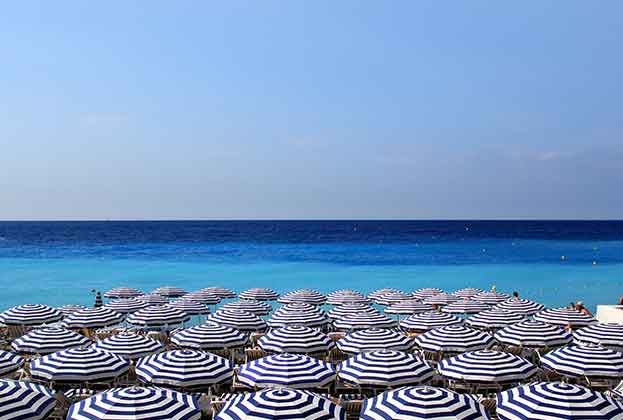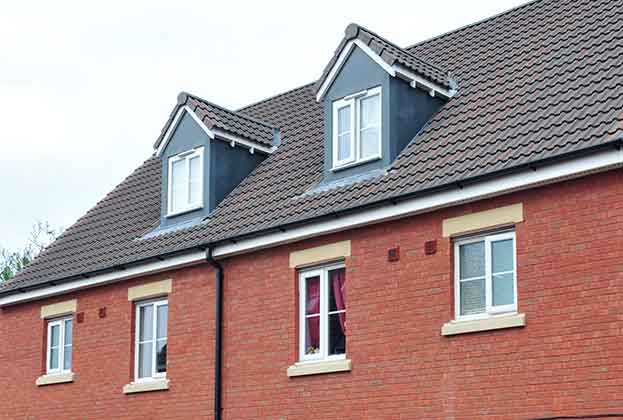While foreign purchases account for 5-7 per cent of the total sales, Singapore remains a top investment location for foreign investors. The investment value for residential sites and properties amounted to S$1.58 billion ($1.18bn USD) in the first quarter of 2023, accounting for 28.0 per cent of overall investment sales. The residential sector recorded a quarterly growth of 12.5 per cent from S$1.40 billion ($1.05bn USD) in the fourth quarter of 2022, despite no Government Land Sales sites being awarded in the quarter.
There will be a transition where the previous ABSD rates will apply for buyers who had received Option to Purchase (OTP) on or before 26 April. It is understood that the higher ABSD rates will also complement increased efforts to increase supply across the tight market.
This is the third round of measures to cool the market in the last two years. The government stated that the earlier two rounds of measures in December 2021 and September 2022 have had a slight moderating effect, but overall property prices showed little sign of slowing amid strong demand in the first quarter of 2023.
While transaction volumes were lower than in 2021 when the market was seeing the results of pent-up demand, it is still relatively higher than pre-pandemic levels. The strong sales in the first half of 2022 showed signs of slowing down in the second half of the year, which was largely driven by economic uncertainties, a recalibration of cooling measures in December 2021, rising inflation, and spikes in interest rates.
Singapore’s prime residential prices have remained strong, however. This resilience is supported by the strong Singapore dollar and inflow of high net worth individuals setting up companies and family offices in Singapore. Over the course of 2023, prices are still expected to grow between 6 per cent and 7.9 per cent.
Singapore is not the only location implementing measures to cool their housing markets. The city of Los Angeles has implemented a new transfer tax on high-value real estate transfers or sales throughout the city. Beginning 1 April 2023, a 4 per cent tax on all residential and commercial properties that are transferred or sold for more than $5 million and a 5.5 per cent tax for all properties transferred or sold for $10 million or more came into force.
Canada has gone a step further than other markets and banned all purchases by foreign buyers for two years, though there are exceptions to the restrictions.
In Europe, both Ireland and Portugal ended their golden visa programmes recently. Both nations cited the direct and indirect consequences the scheme was having on property markets, contributing to local affordability issues.
Further information
Contact Lucy Palk or Kelcie Sellers
.jpg)
.jpg)
.png)
.jpg)




.jpg)

